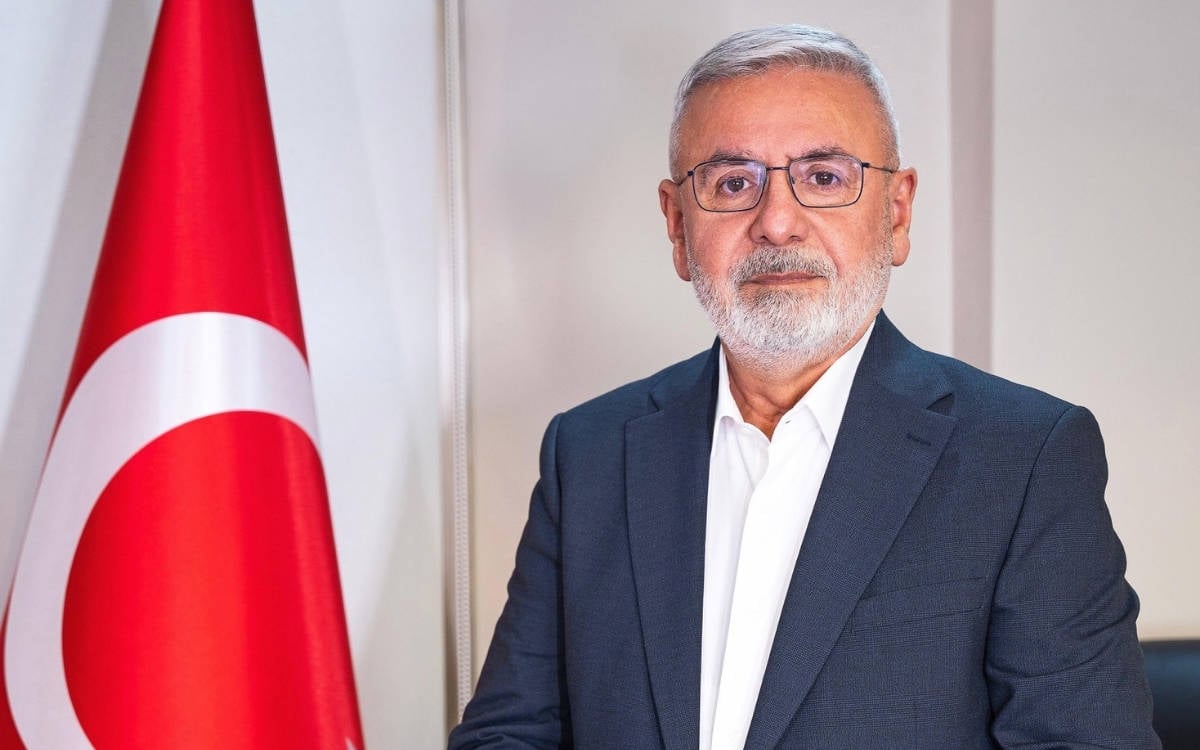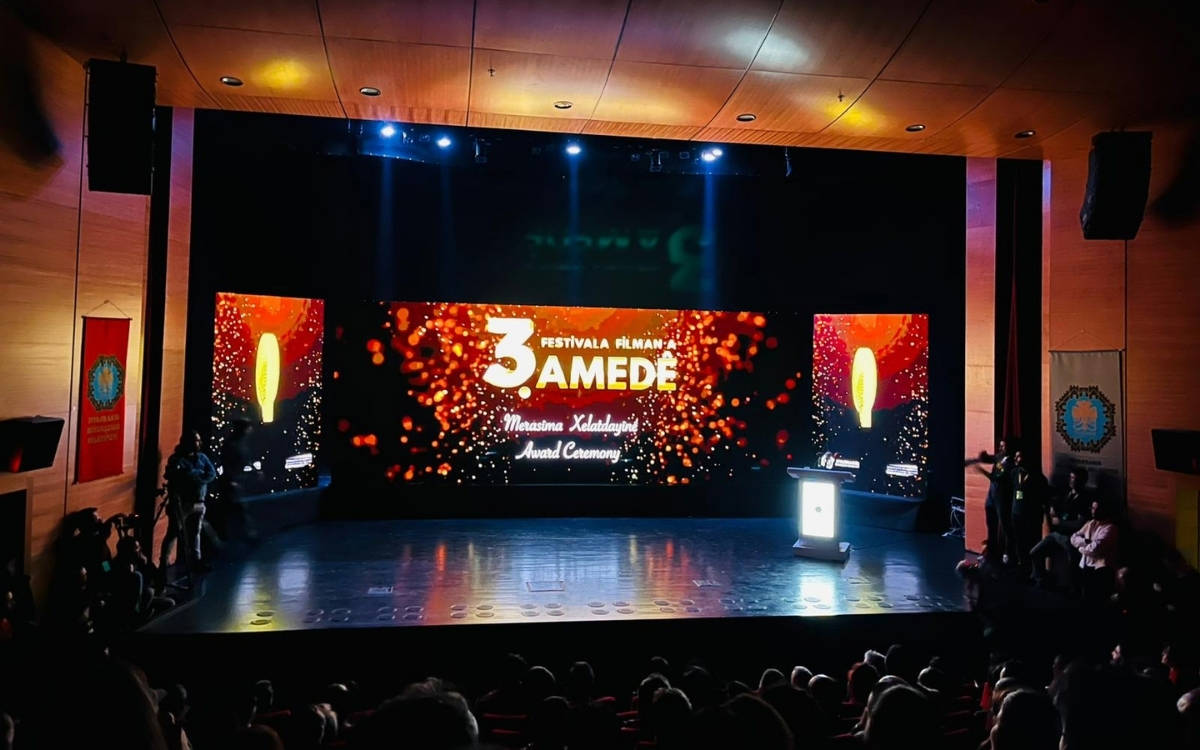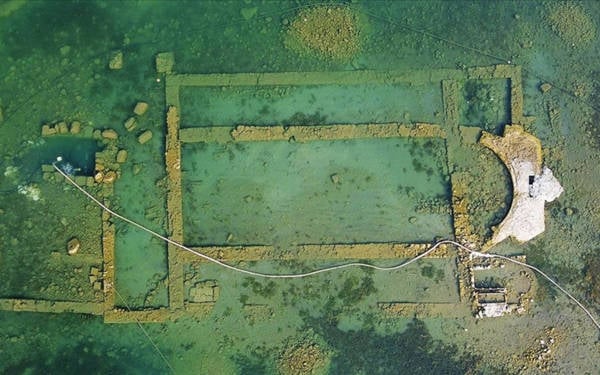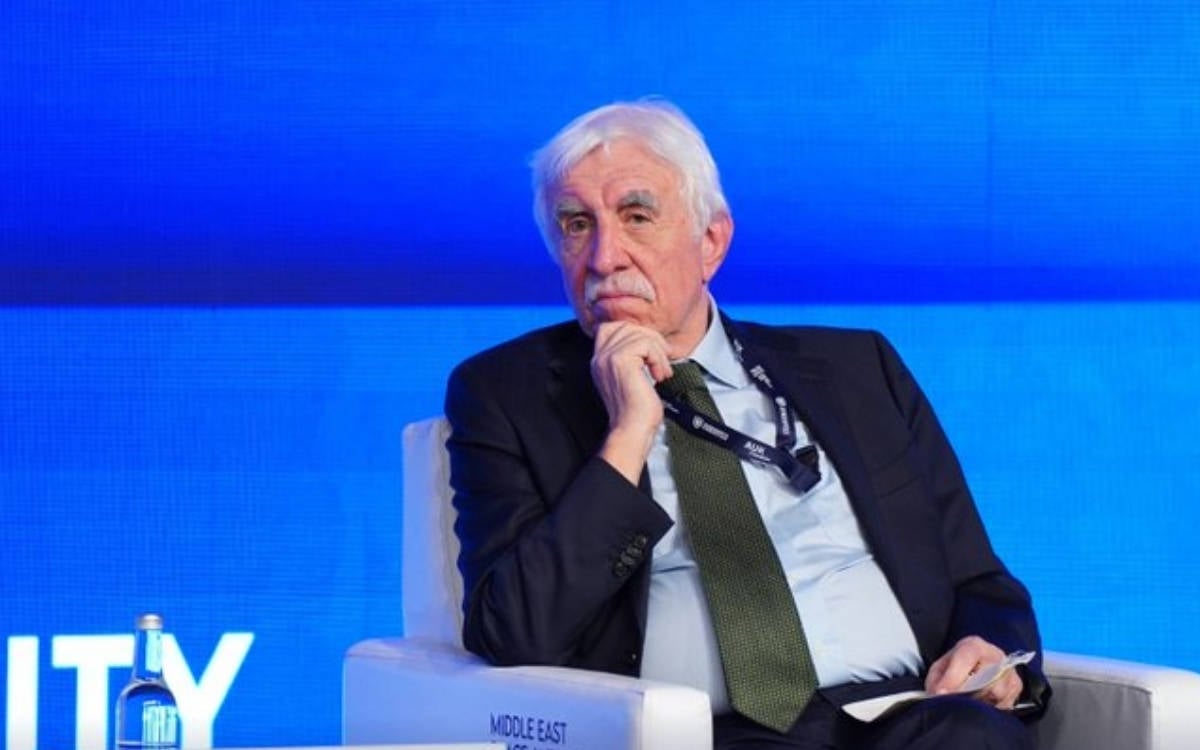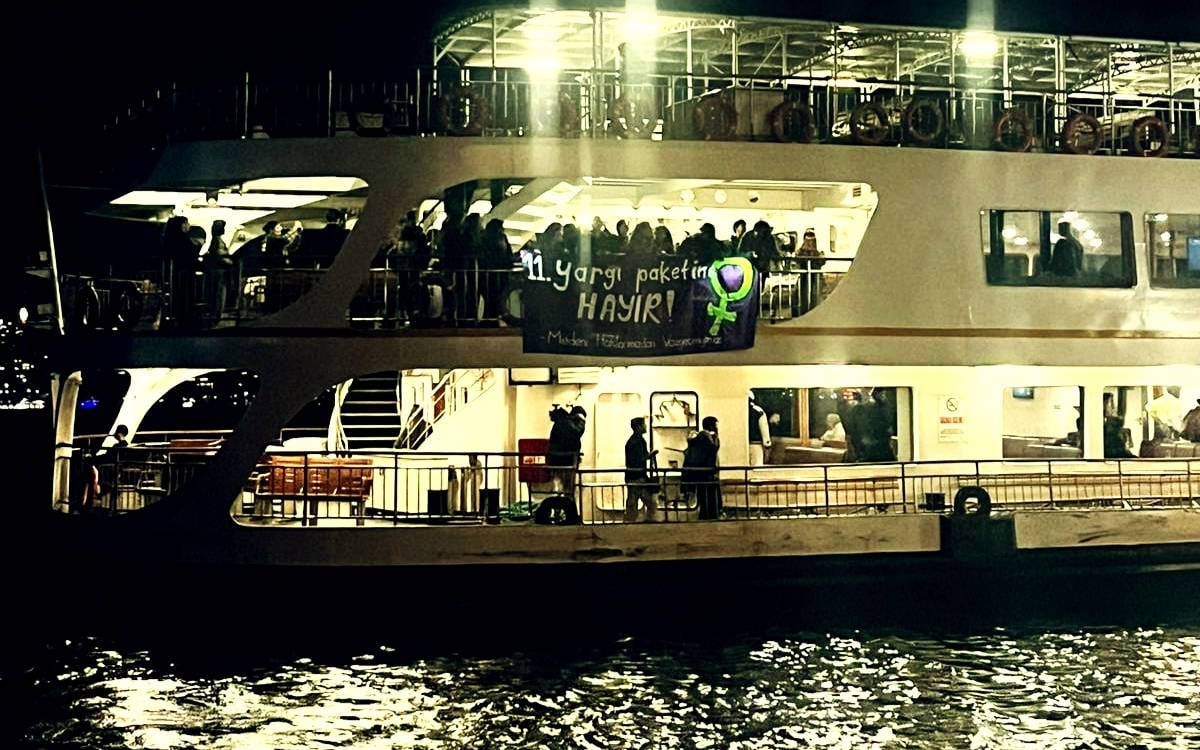Click to read the article in Turkish
Mehmet Ali Genç was born in 1917.
He was from Zara in Sivas. He worked as a night security guard at the Maksim Gazinosu.
According to the autopsy report, the cause of his death was mechanical asphyxia due to severe compression of the chest, with cerebral oedema as a result of head trauma.
Mehmet Ali Genç's story has never been published until now. Unlike others who lost their lives on 1 May 1977, no news reports or photographs of him had appeared on social media channels or news sites. The only things previously known about him were that he was a night security guard and that he was born in 1917.
The Zara connection
From the autopsy reports obtained through the Social History Research Foundation of Turkey (TÜSTAV), we discovered that Mehmet Ali Genç was from Zara, and with this information we tried to contact his family and friends. That is when Leyla İşbilir, a long-time member of the bianet team, intervened and put us in touch with Mehmet Ali Genç's son, Şükrü Genç, who lives in Zara.
Şükrü Genç is now 63 years old. He is the youngest of three siblings. He had already lost one of his sisters before his father's death. When his father died in Taksim Square he was doing his compulsory military service. He obtained permission to go and collect his father's body. He then took him to Zara, and buried him there. After his father's death, Şükrü Genç took responsibility for the care of his sick mother, and for the payment of his father's debts.
Photographs from his grandson
Mehmet Ali Genç's grandson, Umut Ali, sent me photographs of his grandfather. They were photographs he had found at his aunt's house a few years earlier and saved on his phone.
When Şükrü Genç told me that his son could send me photographs of Mehmet Ali Genç, I wrote to Umut Ali, who responded with a voice message asking, "Why do you want my grandfather's photos? Which newspaper is it for?"
After learning that his father had already given him some information, I was able to explain our project in greater detail. If it wasn't for the photographs Umut Ali had taken, we would have been left with no photographs at all of his grandfather Mehmet Ali Genç. We would therefore like to extend our thanks to Umut Ali.
We listen to Mehmet Ali Genç's story, recounted by his son, Şükrü Genç, who says of his father, "We lost him much too early, we didn't have nearly enough time with him."
Şükrü Genç, son:
Previously, my father worked as a farmer in our village. There was a time when he had a small grocery shop. He spent his entire life working to make a living.
That's why he went to Istanbul, to work. In the early 1970's he started work as a security guard at the Maksim Gazinosu nightclub.
He was a labourer by day, and a security guard by night.
On 1 May, he'd finished work at the Maksim Gazinosu and was walking towards Kazancı Slope. He was hit by a bullet in the ear and fell to the ground. As people panicked and rushed to escape, my father was trampled on and crushed in the stampede.
They put him in the back of a truck and rushed him to hospital. They first took him to the Taksim Emergency Hospital. It was packed, there was a long wait, so they moved him to Şişli. After they reached Şişli Etfal, it wasn't ten minutes before my father passed away.
I was twenty
I was doing my military service when my father died. I was twenty.
We were three siblings. We lost my sister before my father. Now there are two of us.
My father was in debt. My mother was sick so she couldn't work. After my father died I started working to pay the 10 thousand lira of debt he had left. I was still taking care of my mother, taking her to hospital for appointments. We lost her in 1992.
I had a grave built for my father in the village. His grave is in Zara now.
No one called
No one called us. When I found out that my father had died, I got permission from the military and brought him to the village. I went back there after I'd completed my military service. I wanted to collect his clothes, his identity card.
It was on the radio. The belongings of the people that had died hadn't been handed over to their families. Their watches, their money. I went to collect my father's clothes, and they gave me the clothes of a child.
I sent them back, explaining they weren't his. They said it was all they had recorded under his name. I said it wasn't possible, told them to take a look themselves. His watch, his ID, the 250 lira he had on him, I never got any of it. I went to the Public Prosecutor's Office and told them. But nothing ever came of it.
We lost him too early
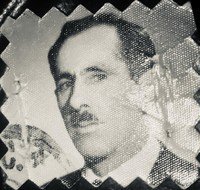
He was a wonderful person. You should really ask the villagers, not me. They knew my father the best.
Our house was by the side of a road, cars could drive right up to it. The villagers' cars would be parked along that road, and they'd be having a meal at our house. I never remember us having breakfast on our own.
In the mornings and evenings we would always have guests in the house. We would eat together. He was such a great host, always doing his best to take care of his guests.
My father was a good person, a decent human being.
He never once upset us.
Despite the lack of money, he would buy us whatever we wanted. When we were little, he would buy our shoes and clothes before school even started.
He took me to Ankara once, for example, to see Anıtkabir. He took me around.
His goodness was bountiful, but what can I say. We lost him much too early, we didn't have nearly enough time with him. (TY/APA/VK)
About Tuğçe YılmazJournalist, editor, researcher. "1 May 1977 The Voices of Those Who Lost Their Loved Ones / 1 May 1977 and Impunity" she was engaged in this dossier as a researcher, reporter, editor and writer. Her articles, interviews and reports are published in outlets such as bianet, BirGün Book, K24, 5Harfliler, Gazete Karınca and 1+1 Forum. She graduated from Ege University, Faculty of Literature Department of Philosophy. She was born in Ankara in 1991. |
 |
| This text was created and maintained with the financial support of the European Union provided under Etkiniz EU Programme. Its contents are the sole responsibility of "IPS Communication Foundation" and do not necessarily reflect the views of the European Union. |
CLICK - 1 May 1977 e-book is online
The ones who lost their lives on 1 May '77The ones whose loved ones we could talk to: Ahmet Gözükara (34, teacher), Ali Sidal (18, worker), Bayram Çıtak (37, teacher), Bayram Eyi (50, construction worker), Diran Nigiz (34, worker), Ercüment Gürkut (27, university student), Hacer İpek Saman (24, university student), Hamdi Toka (35, Seyyar Satıcı), Hasan Yıldırım (31, Uzel worker), Hikmet Özkürkçü (39, teacher), Hüseyin Kırkın (26, worker), Jale Yeşilnil (17, high school student), Kadir Balcı (35, salesperson), Kıymet Kocamış (Kadriye Duman, 25, hemşire), Kahraman Alsancak (29, Uzel worker), Kenan Çatak (30, teacher), Mahmut Atilla Özbelen (26, worker-university student), Mustafa Elmas (33, teacher), Mehmet Ali Genç (60, guard), Mürtezim Oltulu (42, worker), Nazan Ünaldı (19, university student), Nazmi Arı (26, police officer), Niyazi Darı (24, worker-university student), Ömer Narman (31, teacher), Rasim Elmas (41, cinema laborer), Sibel Açıkalın (18, university student), Ziya Baki (29, Uzel worker), The ones whose loved ones we did/could not talk to: Aleksandros Konteas (57, worker), Bayram Sürücü (worker), Garabet Akyan (54, worker), Hatice Altun (21), Leyla Altıparmak (19, hemşire), Meral Cebren Özkol (43, nurse), Mustafa Ertan (student), Ramazan Sarı (11, primary school student) The ones only the names of whom are known: Ali Yeşilgül, Mehmet Ali Kol, Özcan Gürkan, Tevfik Beysoy, Yücel Elbistanlı The one whose name is unknown: A 35-year-old man |
The voices of those who lost their loved ones: 1 May '77 and impunity
Political panorama of Turkey-1977
Film industry worker Rasim Elmas, 41, died in Taksim
Construction Worker Bayram Eyi, 50, died in Taksim
Teacher Bayram Çıtak, 37, died in Taksim
High School Student Jale Yeşilnil, 17, died in Taksim
Teacher Kenan Çatak, 31, died in Taksim
Teacher Ahmet Gözükara, 33, died in Taksim
Teacher Hikmet Özkürkçü, 39, died in Taksim
Student-laborer Niyazi Darı, 24, died in Taksim
University student Nazan Ünaldı, 19, died in Taksim
Teacher Ömer Narman, 31, died in Taksim
Laborer Ali Sidal, 18, died in Taksim
Counterperson Kadir Balcı, 35, died in Taksim
Student Hacer İpek Saman, 24, died in Taksim
Factory Worker Kahraman Alsancak, 29, died in Taksim
Laborer Hüseyin Kırkın, 23, died in Taksim
Student Ercüment Gürkut, 26, died in Taksim
Public order police officer Nazmi Arı, 26, died in Taksim
Laborer Mahmut Atilla Özbelen, 26, died in Taksim
Factory worker Hasan Yıldırım, 31, died in Taksim
Itinerant salesperson Hamdi Toka, 35, died in Taksim
Security Guard Mehmet Ali Genç, 60, died in Taksim
Factory Worker Ziya Baki, 30, Died in Taksim
Laborer Mürtezim Oltulu, 42, Died in Taksim
Teacher Mustafa Elmas, 33, Died in Taksim
Student Sibel Açıkalın, 18, died in Taksim
Laborer Diran Nigiz, 34, died in Taksim
1 May 1977 & Impunity
'The state is implicated in this crime, perpetrators must be put on trial'
'If you can't find the killers, you can't remove the stain'
'The perpetrators of the 1 May 1977 massacre got away with it'
Remembrance as a matter of dignity and the fight against impunity
Who is hiding the truth and why?





.jpg)
